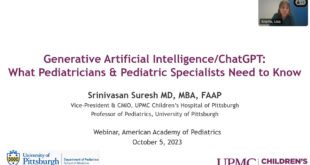I made a decision many years ago: I wasn’t going to go through menopause. Hot flashes, night sweats, mood swings, brain fog—this didn’t sound like a party. I figured I’d skip it.
For a long time it looked as though my plan would work: I was in the latter half of my fifties before I had a single hot flash. Then I had another one. And then—I think you know where this is going—I had another one. (True, I hadn’t had my period in almost a year, but hadn’t my cycle always been erratic?) My master plan had failed! But this didn’t mean I was going to go sweatily into that bad night.
For two decades, I was in great hands with my general practitioner, a woman a few years older than I am who, I assumed, would be there to tell me what was around the corner, including menopause-wise. Well, last spring she had the nerve to retire early. This turned out to be only four months before my hot flashes came on like a vengeful ex. Faced with a replacement GP who didn’t look old enough to menstruate, I decided that within my multi-location Boston-area healthcare practice there simply had to be an ob-gyn who specialized in treating menopausal symptoms. And there is! (Not everyone has my good fortune, though: A 2023 survey found that only 31.3% of ob-gyn residency programs include menopause training. I was very lucky to find a bona fide expert.)
I booked a televisit with Martha K. Richardson, MD, a board-certified obstetrician-gynecologist, for whom menopause education is a passion. “Pediatricians discuss adolescence, there is lots of childbirth education, and there’s almost nothing in the clinical setting preparing women for menopause,” she would later tell me. During our appointment, I asked Dr. Richardson for whatever would stop the near-hourly hot flashes—hot seizures, I had taken to calling them. By keeping me from sleeping through the night, they made me feel, in one of life’s more thoughtless ironies, like an infant. As I expected, she suggested hormone therapy (also known as hormone replacement therapy), which I had always understood was the go-to for unhappily menopausing women.
Just so you know, I wasn’t blasé about turning to hormone therapy, which is the process of adding back some of the hormones the body has stopped producing. I have always been annoyingly abstemious as far as drugs, alcohol, and medicine go—I’ve never even been on the birth-control pill, disliking the idea of a regulated period when mine had always been renegade. “Baby steps,” I said to Dr. Richardson, meaning that I wanted the lowest possible dose of hormones to start with.
 Info Malang Raya Its All About World News
Info Malang Raya Its All About World News




